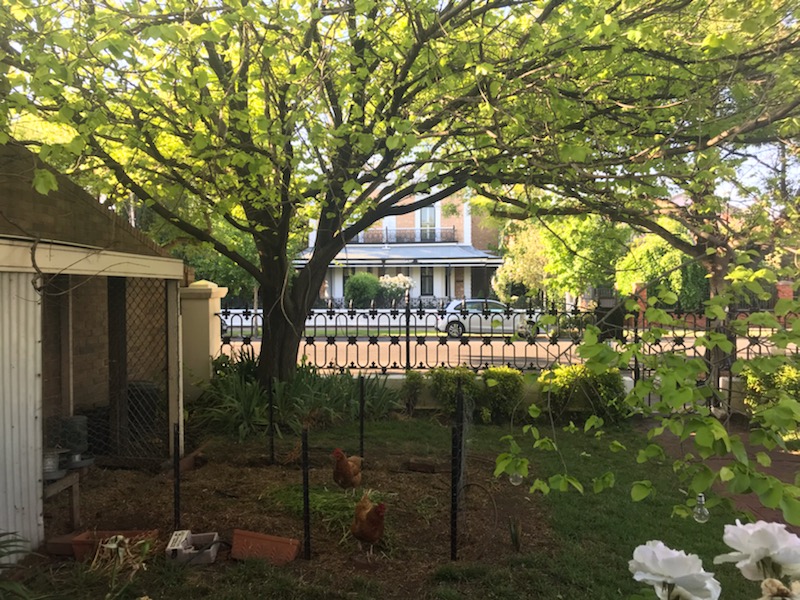
If you die without a will, the law decides how your estate is to be distributed and who can be your executors. There will be no specific gifts. You will have had no say. You are said to have died “intestate”.
The Administration and Probate Act sets out how your estate is to be distributed if you have no will and provides that:
- If you have a spouse or domestic partner, but no children, then your entire estate passes to your spouse or domestic partner;
- If you are survived by a spouse or domestic partner and by children, then your spouse or domestic partner will receive the first $100,000 of your estate plus half of the balance with your children receiving the other half of the balance in equal shares;
- If you do not have a spouse or domestic partner, but you are survived by children, your estate is distributed equally between your children;
- If you are not survived by a spouse, domestic partner or children, your estate is distributed to your surviving relatives (as set out in the Act);
- If you are not survived by a spouse, domestic partner, children or relatives, your estate will go to the Crown.
Consider this scenario:
John is married and has three young children. The house in which they live is owned solely in John’s name. John becomes sick and dies, without a will. Upon John’s death his wife is entitled to live in the house for 3 months only, from the granting of letters of administration. She is entitled to buy the house in this period, that is the share that would otherwise have passed to their children. This may place John’s wife under financial hardship. An application could be made to the court to postpone the sale until the children reach the age of 18 or she could make an application for a greater benefit. These options result in legal costs and add stress and uncertainty to what would already be a very difficult time.
Another consequence of dying without a will is that if a beneficiary, other than a spouse, has received a gift exceeding $1,000 from the deceased within 5 years of his/her death, that benefit is taken to have been given in full or partial satisfaction of that person’s share of the estate. This will not occur if there is a will, unless there is a clause to that effect.
